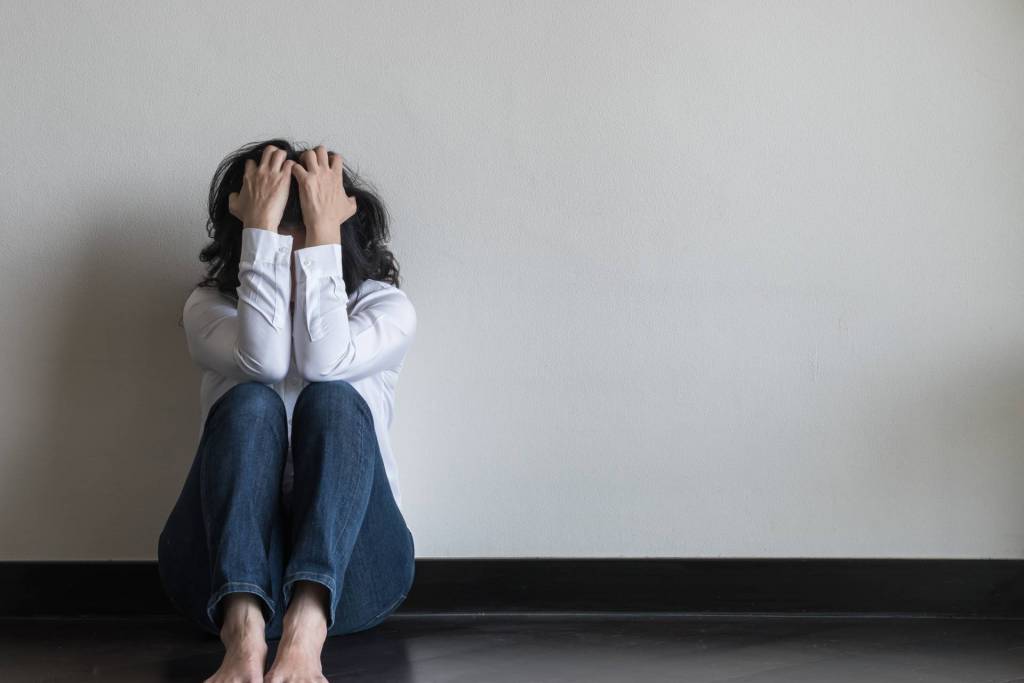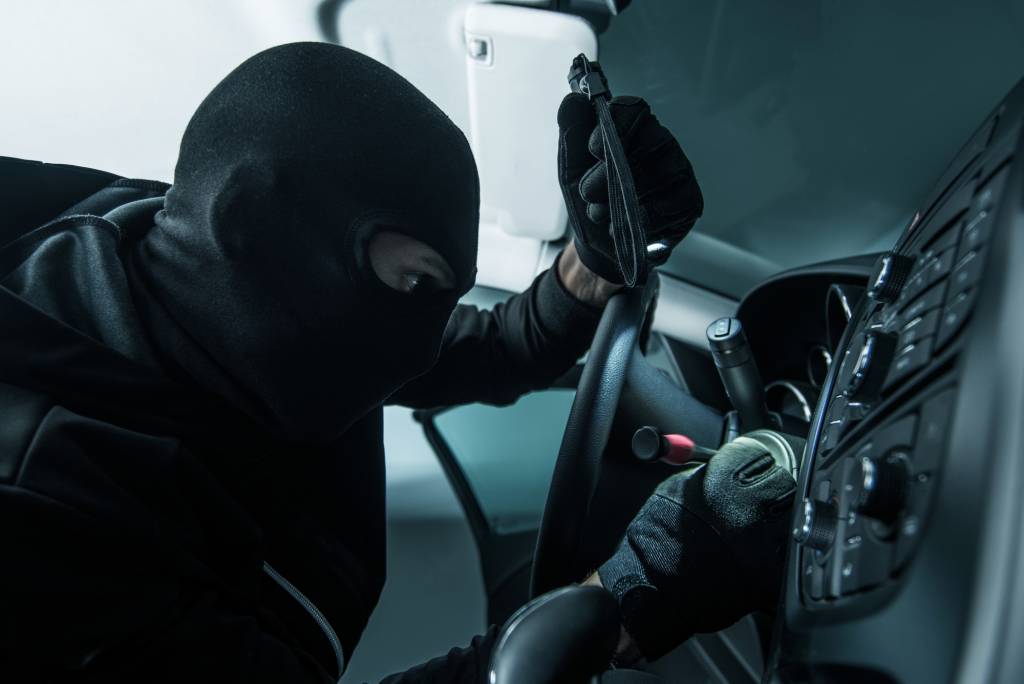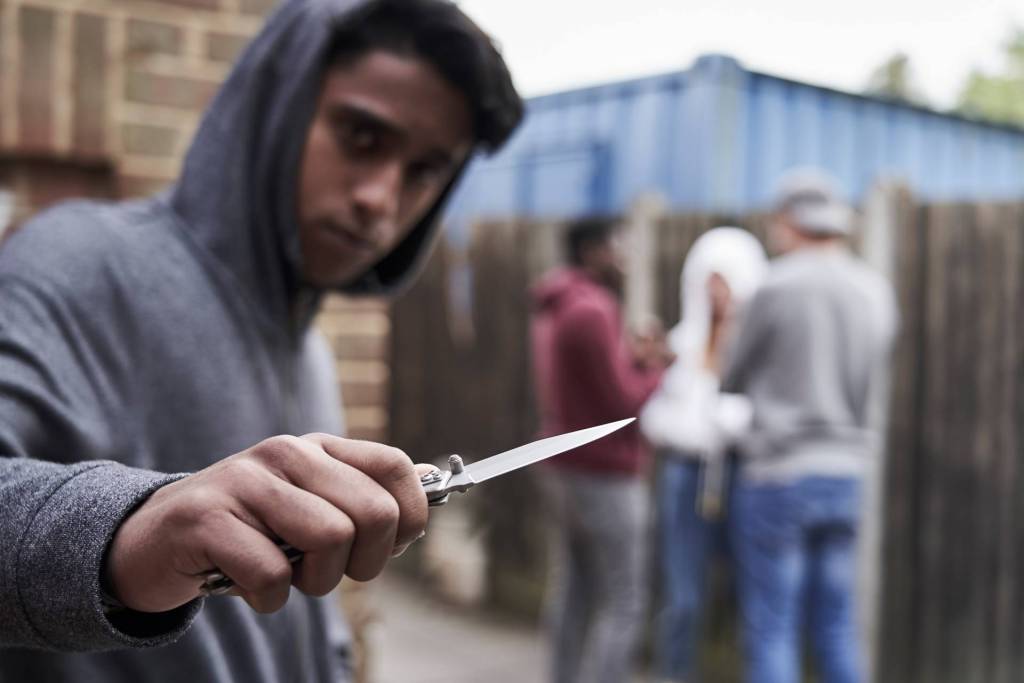If you are charged with illegally possessing drugs, firearms, or anything else that it may be illegal for you to possess in California, how will the state prove that you, in fact, were “in possession” of the illegal item or items?
If you’re innocent – or even if you aren’t – how can you defend yourself against a “possession” charge in California? Can a Los Angeles drug crimes lawyer help?
Keep reading, because the law regarding possession is complicated, and anyone could conceivably be wrongly accused.
To convict a suspect of possessing illegal drugs or weapons in California, a prosecutor must prove that the suspect had what the law calls actual, constructive, or joint possession of the illegal item or items.
While “actual” possession may not be difficult for the state to prove, “constructive” or “joint” possession is more complicated and more difficult to prove.
HOW ARE THESE DIFFERENT KINDS OF POSSESSION DEFINED?
How does the law in California define these terms? Actual possession is when the police find an illegal item or items on a suspect’s “person” – in someone’s pocket, purse, backpack, or socks and shoes, for example. Actual possession is usually when the police catch someone “red-handed.”
If the police conducted the search legally, testimony by the officer who found the illegal item or items will usually be conclusive and lead to a conviction. But actual possession can also be shown with circumstantial evidence.
Thus, if a suspect flushes, swallows, or throws an item away, a prosecutor still may be able to prove that the suspect “actually” possessed it.
WHAT IS “CONSTRUCTIVE” POSSESSION?
California law presumes that you are in “constructive” possession of illegal drugs or weapons if the item or items are found not on your person but in your home, vehicle, your desk or locker at your place of work, or a storage space that you’ve rented.
To find that a person has constructive possession of an illegal item, that person must have “dominion and control” over the area where the item is discovered.
Someone’s guilt for constructive possession can be inferred. For example, if the police find illegal drugs in someone’s medicine cabinet or refrigerator, it can be “inferred” that the suspect had dominion and control over the medicine cabinet or refrigerator, and thus over the drugs.
So to win a conviction for a constructive possession charge, for example, it is not necessary for a prosecutor to prove when and where the illegal drugs were obtained by the suspect.
Still, constructive possession can be tough to prove in many circumstances because a prosecutor must prove first that the suspect had dominion and control over the location where the contraband was found, and secondly, the prosecutor must prove that the suspect knew or “should have known” that the item or items were illegal.
Simply being near illegal drugs or weapons is proof of constructive possession. A prosecutor must provide more conclusive evidence.
HOW CAN A PROSECUTOR PROVE CONSTRUCTIVE POSSESSION?
If a suspect lives alone or is alone in a vehicle where contraband is discovered, being alone is usually enough to prove constructive or actual possession of the illegal item or items. But if a suspect is not alone in a residence or a vehicle, a prosecutor must offer more to prove constructive possession.
For example, in a home with multiple residents, finding contraband in a suspect’s bedroom might prove constructive possession, whereas contraband found in a spot where all residents have access – a refrigerator or laundry room, for example – is probably not enough to convict a suspect for constructive possession.
However, if you hide contraband in a public place – let’s say that you bury a bag of cocaine or heroin under a park bench across from your home, and a prosecutor can prove it – California’s criminal courts will presume that you are still in constructive possession of the illegal item or items.
The details will be different in every case involving the possession illegal drugs or firearms, so if you face any kind of illegal possession charge in southern California, you’ll need personalized advice from an experienced Los Angeles criminal defense attorney regarding how the law will apply to your own case.
WHAT IS “JOINT” POSSESSION?
When two or more individuals share either actual or constructive possession of an illegal item, they have “joint” possession. For instance, if illegal items are found in a married couple’s bedroom or kitchen, a prosecutor will assume – unless there’s evidence indicating otherwise – that both partners constructively possessed the illegal weapons or drugs.
If you are charged in Southern California with the illegal possession of drugs, firearms, or any other contraband, speak at once with a skilled Los Angeles criminal defense attorney who can explain your rights and legal options.
To convict you, the state must prove your guilt beyond a reasonable doubt.
However, there are a number of good legal defenses that a good California defense lawyer might offer on your behalf, such as:
– The item in question was not yours.
– The item in question was not illegal.
– You were legally entitled to possess the item.
– You did not know that the item was there.
– You did not have “dominion and control” of the area where the item was found.
– Police officers conducted an illegal search to discover the item.
WHAT CAN HAPPEN IF YOU ARE CHARGED WITH ILLEGAL DRUG POSSESSION?
If you are charged with possessing a small amount of an illegal drug for your own personal use, you’ll probably have several options, and you may qualify for the Los Angeles County Drug Court Program (or a similar program in an adjacent jurisdiction).
Your attorney can spell out your options and explain how the drug court programs work.
However, when a defendant is charged with possessing a large quantity of illegal drugs, the defendant may face the more severe charge of “possession with intent to distribute.”
If it’s a dangerous drug like heroin, cocaine, or methamphetamine, a charge of possession with intent to distribute can mean severe criminal penalties upon conviction.
If you are accused of illegally possessing drugs, firearms, or any other illegal item in Southern California, immediately contact a qualified criminal defense lawyer.
A drug or weapons conviction can potentially send you to jail or prison in this state. Good defense representation is your right, and it’s imperative if you are charged with possessing illegal weapons or drugs in California.









